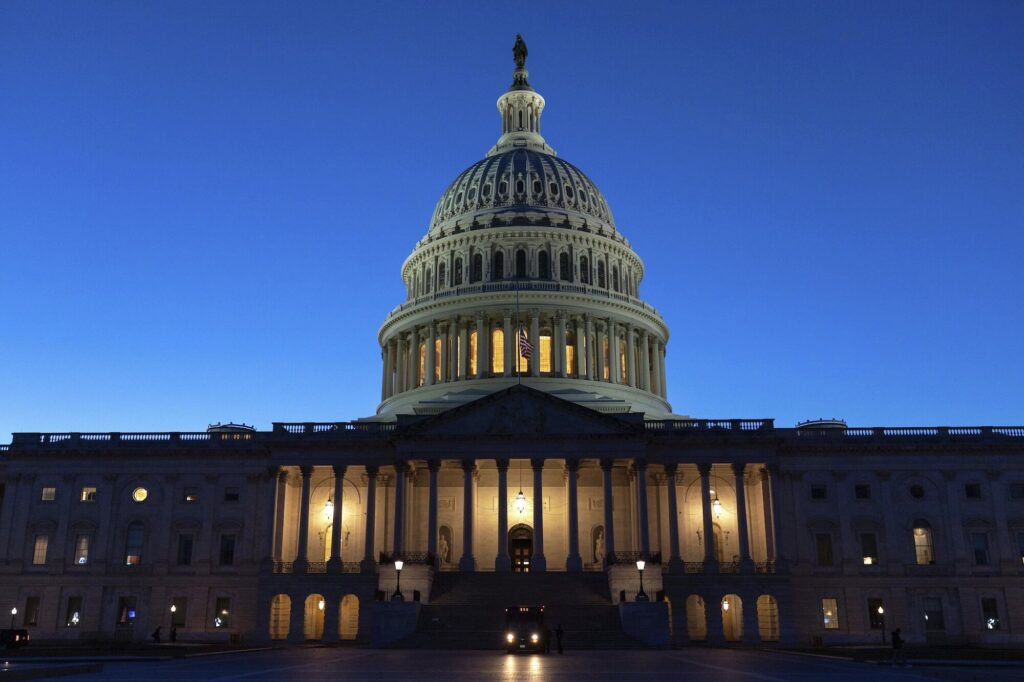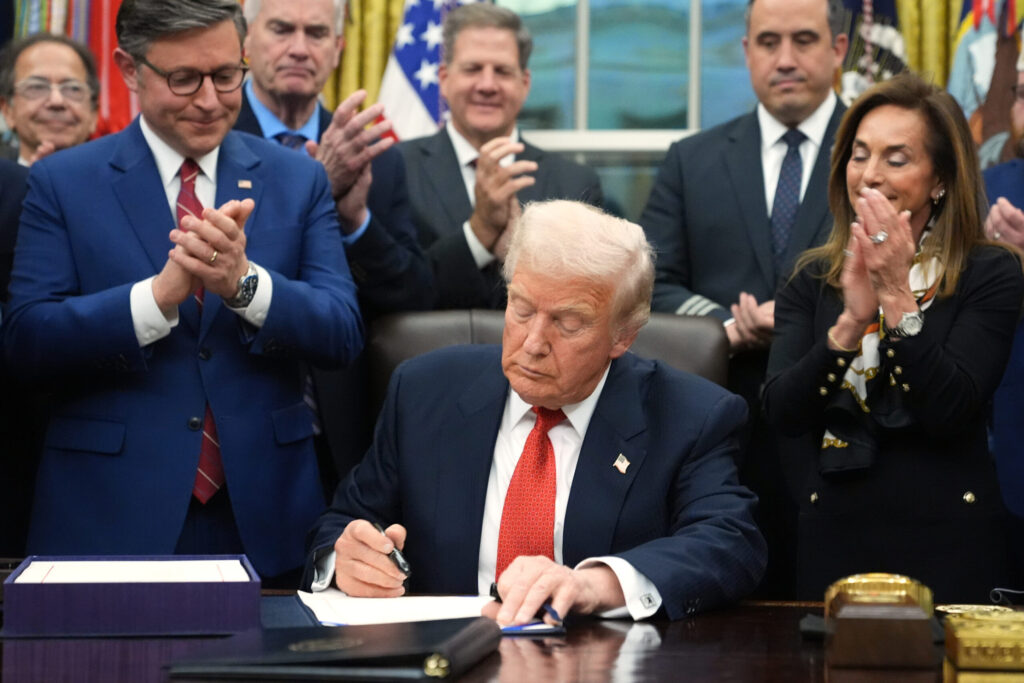Sagebrush rebellion rekindled in Colorado
Colorado’s legislature has jumped into the middle of the West’s renewed Sagebrush rebellion, with the state Senate this week debating whether Colorado should take a bigger hand in managing its federally-owned public lands.
But opponents fear what that would mean for everyone who uses them.
One year ago, Nevada rancher Cliven Bundy squared off against agents of the federal Bureau of Land Management. Bundy refused to pay about $1 million in grazing fees for his cattle to graze on public land, fees that had accrued over a 20-year period.
The Bundy standoff brought back into the spotlight a decades-long dispute over who should manage control of the West’s vast federal lands. Western states claim they should manage their own public lands; the federal government believes in managing them on behalf of the public.
It’s an issue in Colorado, too, where the federal government controls 36 percent of Colorado’s 66 million acres.
On Tuesday, Senate Republicans gave final approval to a bill to put Colorado’s public lands under concurrent jurisdiction of the state and federal governments. Backers of Senate Bill 15-039 say the bill would allow Colorado to more effectively conduct wildfire management. The bill claims the U.S. Forest Service has not cooperated with state and local governments on routine and emergency responses to wildfires. SB 39 applies only to public lands under the Bureau of Land Management or the U.S. Forest Service.
A second bill, sponsored by Sens. Randy Baumgardner, R-Hot Sulphur Springs, and Jerry Sonnenberg, R-Sterling, would set up a study to look at the pros and cons of a transfer of public lands from the federal government to the state. That bill, SB 232, will be heard by the Senate Agriculture, Natural Resources and Energy Committee later this week.
Colorado is not alone in attempting to gain some control over its public lands. In 2012, Utah’s legislature passed a law to study the transfer of most of the federal government’s public lands to the state, excluding national parks and monuments, tribal lands, Department of Defense lands and congressionally-designated wilderness areas. According to Public Lands Utah, which developed the study, two-thirds of the state’s energy resources are located on federal lands. Development of those resources is unwieldy due to federal bureaucracy, and hence denies Utah citizens the benefit of the revenues from the resources, the study said.
Legislatures in Montana, Wyoming and Nevada are also looking at federal land management issues, including transfers.
In the 12 Western states and Alaska, the federal government controls 47 percent of the land. According to the Congressional Research Service, the federal government owns just 4 percent of lands in the rest of the country.
There’s at least one other player in the debate on federal land management: the American Legislative Exchange Council (ALEC).
When SB 39 went through the State, Veterans and Military Affairs Committee last week, its sponsor, Sen. Kent Lambert, R-Colorado Springs, offered an amendment that began with a four-page legislative declaration. The declaration, on federal jurisdiction, is copied almost word-for-word from an ALEC model resolution from September, 2013.
Lambert said he added the legislative declaration to clarify the jurisdictional issues. But Sen. Matt Jones, D-Louisville, said the amendment is confusing. Jones acknowledged the growing movement in Western states to assert legal jurisdiction over federal lands. “I don’t think Coloradans get that,” he said. “They love their public lands.”
According to the amendment, state jurisdiction would better facilitate planning and coordination among local, state and federal agencies on wildfires and other emergencies. Jones countered that state law already dictates how to hand off management of a wildfire to a federal agency.
Conservation Colorado released a letter on Monday signed by owners of 120 businesses around the state. The letter asked the General Assembly to reject any attempts to take over management of its public lands. These lands “are a major driver of our outdoor recreation and tourism economy.” The signers questioned whether the state could handle the management costs, warning that it could put those lands at risk for increased development, loss of access and “diminish our uniquely Coloradan way of life.”
Sportsmen added their voices to the opposition this week, as well. Tuesday, a coalition of sportsmen’s organizations issued a statement condemning both bills. “State taxpayers would have to foot the steep bill for fighting wildfires and other services, and inevitably, the lands would be developed and sold to raise revenue,” the statement said. With regard to SB 39, the group said the bill is likely unconstitutional, and that its true goal is to “facilitate a land grab that would threaten access to public lands where Coloradans hunt, fish and recreate.”
The Senate voted 18-16 on party lines to send SB 39 on to the House, but it’s unlikely to succeed there.












